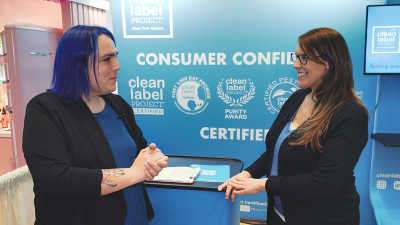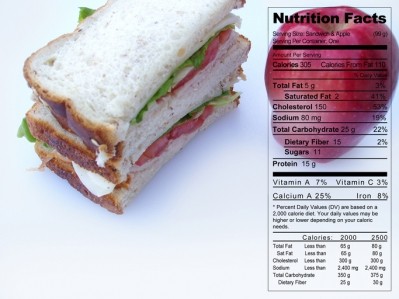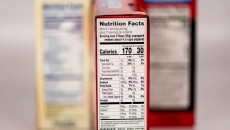Pennsylvania proposes food additive ban, NCA says bill lacks 'scientific basis'

Introduced by Pennsylvania Reps. Natalie Mihalek (R-Allegheny/Washington) and Melissa Shusterman (D-Chester), the bipartisan legislative package includes House Bill 2116 (Mihalek) and House Bill 2117 (Shusterman), both emphasizing that the legislation “is not a political issue; it’s a matter of public safety.”
The lawmakers propose to “prohibit the use of dangerous chemicals from being used in foods produced and sold in Pennsylvania,” citing health issues including cancer and hyperactivity and cognitive dysfunction in children.
H.B. 2116 would ban the use of Red Dye No. 3 and No. 40, Yellow Dye No. 5 and No. 6, and Blue Dye No. 1 and No. 2; while H.B. 2117 would prohibit the use of potassium bromate, brominated vegetable oil and butylated hydroxyanisole.
In response to Pennsylvania’s legislation, NCA stands firm on the safety of the additives in question, emphasizing FDA’s position as “the only institution in America that can stop this sensationalistic agenda, which is not based on facts and science,” Gindlesperger wrote in a prepared statement following a press conference led by Mihalek earlier this week. “It’s time for FDA Commissioner Califf to wake up and get in the game,” he added.
NCA calls on FDA to “assert its authority”
In a series of state legislations proposing the ban of several food additives citing health concerns for children and adults, NCA recently called on FDA to push back on state-by-state food safety policy and “assert its authority as the rightful national regulatory decision maker and leader in food safety,” John Downs, NCA president and CEO, expressed in a statement.
Downs emphasized the critical role of science-based safety determinations in the US food system and FDA as the sole arbiter of these evaluations.
“Usurping FDA’s authority does nothing but create a state-by-state patchwork of inconsistent state requirements that increase food costs, create confusion around food safety, and erode consumer confidence in our food supply. FDA and regulatory bodies around the world have deemed our products safe. We are in firm agreement that science-based evaluation of food additives is needed — and we follow and will continue to follow regulatory guidance from the authorities in this space, because consumer safety is our chief responsibility and priority,” he said.
Last week, FDA announced the addition of potassium bromate and propyl paraben to its science-based review process of chemicals, validating its authority on food safety for the ingredients in question and other hot-topic additives, including Red Dye No.3 and titanium dioxide, Gindlesperger explained.
“The main food additives that have been the subject of conversation, including Red Dye No. 3 and titanium dioxide, it puts them all in the review process for FDA,” he said.
However, food-safety critics argue that if US manufacturers produce products without the additives in question for the European market, then it should be the same for US products.
In response, Gindlesperger cited the cost and time-intensive process it takes for FDA to approve ingredients, most notably with titanium dioxide in the EU.
In 2022, a report by the Foreign Agricultural Service, a USDA subdivision, in response to the EU ruling to ban titanium dioxide, determined that finding a replacement for the additive based on federal scientific evaluations will take at least a decade with millions of dollars of costs incurred on companies of all sizes, Gindlesperger explained.
More states reject food additive bans, defer to federal food safety evaluations
Despite the perceived popularity of the state bans, more states are rejecting food additive bans, including Indiana, Maryland, South Dakota, Washington and West Virginia, citing a lack of scientific basis and regulatory expertise in the proposed legislations, he explained
While Kentucky has not introduced a food additive ban, the state’s lawmakers passed a resolution urging the FDA to “mandate and enforce a prohibition on US food manufacturers producing or selling food containing harmful ingredients that have been banned by several other countries.” A move that upholds FDA’s role in having the final say on the safety of ingredients in foods, Gindlesperger noted.























